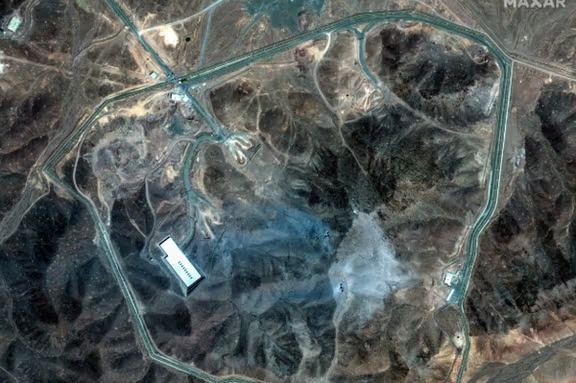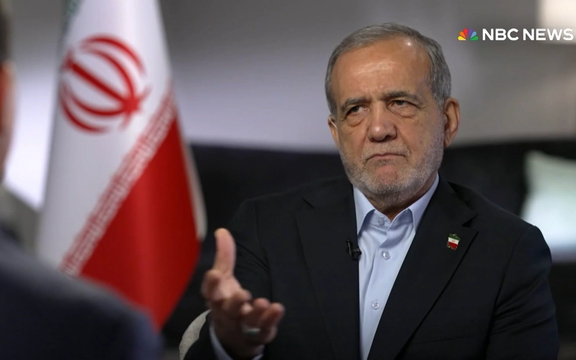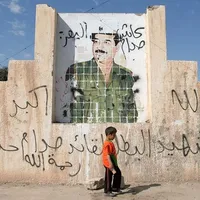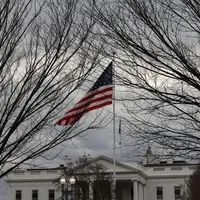The documentary, The Spider’s Hideout, aired on state television on September 24, presenting alleged intelligence on Israeli nuclear sites, including Dimona.
Intelligence Minister Esmaeil Khatib described it as "a major infiltration yielding a treasure of top-secret intelligence," seemingly in response to criticism of his ministry’s failures during Israel’s June campaign.
Independent reviews, however, revealed that most images were publicly available online. Critics noted some visuals depicted Israel’s nuclear research collaboration rather than weapons programs, and the individuals named were publicly known Israeli Atomic Energy officials.
The incident has raised concerns about the inefficiency of Iran's intelligence apparatus and its propaganda methods.
Mehdi Kharratian, head of an Iranian think tank close to power circles, wrote: "Superiority must be shown not in the media but in the field—by raising levels of deterrence and increasing the costs to any enemy that acts against the country's security."
He also urged the establishment of a fact-finding committee to address inefficiencies and security gaps within the intelligence apparatus.
Guards-linked outlets admit use of online photos
Fars News Agency, affiliated with the Revolutionary Guards (IRGC), acknowledged using archival images, describing the choice as “poor judgment” that allowed critics to call the documentary “fabricated.”
It confirmed that all images, including archived ones, were labeled as “exclusive photos.”
Mashregh News, also linked to the IRGC, claimed the documents came from human sources inside Israel and were used in targeting sites during the 12-day war.
While admitting some images were available online, it alleged Israel had waged a Persian-language social media campaign to discredit the documentary.
Social media reactions
Iranian media largely avoided direct criticism of the intelligence ministry probably due to fear of prosecution, but X users from opposition and Islamic Republic loyalists were scathing:
“The Islamic Republic’s problem is that it thinks it is ruling over people aged 5 to 10… This is how the clerics have driven a great country into ruin," one user said on X.
"Calling (the documentary) a media stunt would be generous — it was more like a media toy; like a rattle handed to a child to distract them," reads another post.
Ghasem Mohammadi, a supporter of the Green Movement leader Mir-Hossein Mousavi, lamented wasted resources, writing: “Once again the people’s money has been squandered.”
“It is truly upsetting to see the state of the country’s intelligence apparatus like this! Some things are a matter of dignity.”
“Believe me, if the enemy wanted to ruin an institution’s reputation with a media operation, they couldn’t have done better.”
Why are ultra-hardliners criticizing the ministry?
Some ultra-hardliners’ criticism may reflect a structural conflict between Iran’s Intelligence Ministry and the IRGC’s parallel intelligence network, which aligns more with hardline factions.
Although appointed with the Supreme Leader's approval, the Intelligence Minister formally reports to the president and is intended to serve as the country’s main civilian intelligence body, while the IRGC’s intelligence organization reports directly to the Supreme Leader and the Guards’ command.
This dual structure creates overlapping responsibilities and frequent rivalries, with the IRGC often acting independently of—or even in opposition to—the ministry’s priorities.
The ministry has supported President Masoud Pezeshkian’s push for social and cultural relaxation, including resisting the enforcement of the new Hijab law. These changes, now increasingly irreversible, are seen as undermining hardline influence.














